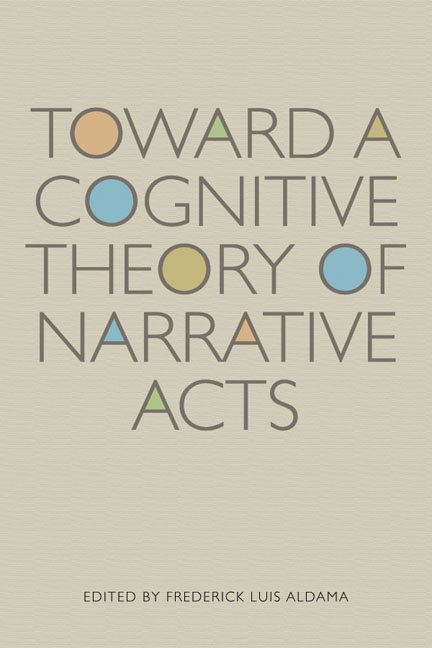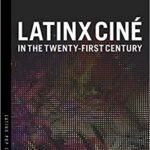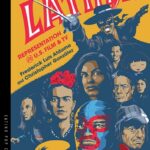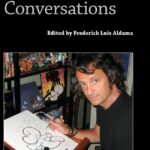Toward a Cognitive Theory of Narrative Acts
Topics: Aesthetics, Cognitive Science, Philosophy

Buy
Toward a Cognitive Theory of Narrative Acts brings together in one volume cutting-edge research that turns to recent findings in cognitive and neurobiological sciences, psychology, linguistics, philosophy, and evolutionary biology, among other disciplines, to explore and understand more deeply various cultural phenomena, including art, music, literature, and film.
https://professorlatinx.la.utexas.edu/wp-content/uploads/2017/07/Toward-a-Cognitive-Theory.jpg
The essays fulfilling this task for the general reader as well as the specialist are written by renowned authors H. Porter Abbott, Patrick Colm Hogan, Suzanne Keen, Herbert Lindenberger, Lisa Zunshine, Katja Mellman, Lalita Pandit Hogan, Klarina Priborkin, Javier Gutiérrez-Rexach, Ellen Spolsky, and Richard Walsh. Among the works analyzed are plays by Samuel Beckett, novels by Maxine Hong Kingston, music compositions by Igor Stravinsky, art by Jean-Baptiste-Simeon Chardin, and films by Michael Haneke.
Each of the essays shows in a systematic, clear, and precise way how music, art, literature, and film work in and of themselves and also how they are interconnected. Finally, while each of the essays is unique in style and methodological approach, together they show the way toward a unified knowledge of artistic creativity.
What The Critics Say
Modern Fiction Studies
A number of scholars are working this field , and they are now receiving more scholarly attention, in part perhaps because at a time when the humanities are widely perceived as in retreat in the academy, they seem to offer an alternative to a shopworn relativism,as well as a thesis putatively based in science that asserts the central importance of literature. The response to this approach from literary scholars, however, has not been particularly enthusiastic.. . .
Cognitive criticism acknowledges and occasionally invokes evolutionary rationales, but for the most part is focused not on proving the evolutionary worth of literature but on using contemporary cognitive science to explore how an understanding of innate human traits can help us understand literature. . . .
Indeed,this strain of cognitive theory shows real promise not just because it may provide new avenues of understanding, but because it may also provide tools useful within current fields of criticism, offering a beginning point that acknowledges cultural difference yet provides anew mode of strategic essentialism based in the best science currently available about human perception, sense, intuition, and emotion.
Where To Buy
From Amazon | From University of Texas Press


